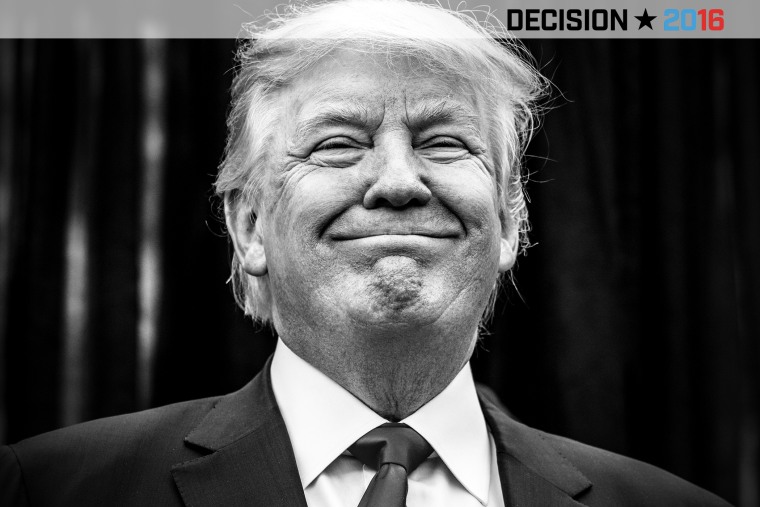In August 2015, the University of Virginia's Larry Sabato, a prominent political scientist, co-authored a piece on Donald Trump's electoral prospects. "If Trump is nominated," the analysis said, "then everything we think we know about presidential nominations is wrong. History has shown that presidential nominations tend to follow a certain set of 'rules.'"Of course, we now know that Trump, nine months later, won the Republican nomination, and come January, he'll be president of the United States. But with Sabato's year-old piece in mind, it's worth pausing to appreciate the utility of what many, including me, considered the old "rules."Because as of today, it's probably time to give Campaign Management 101 a new course syllabus.After an election, it's not uncommon to evaluate campaign teams the way some might look at sports teams: those who win, practically by definition, did a good job. But just as the better team sometimes comes up short, a successful candidate sometimes wins despite comic ineptitude.And in 2016, Donald J. Trump was a pretty horrible presidential candidate. That Americans voted for him anyway doesn't make this any less true.Successful candidates build impressive teams, but Trump found it necessary to overhaul his entire campaign team three times since the spring, and the result was a leader-less operation featuring "a band of squabbling and unfireable advisers, with confusing roles and an inability to sign off on basic tasks."Successful candidates cultivate a broad national network, but Trump didn't much bother with a "ground game."Successful candidates win debates. Successful candidates lead effective nominating conventions. Successful candidates release their tax returns and maintain some level of transparency. Successful candidates have helpful surrogates. Successful candidates run on compelling platforms with meaningful solutions. Trump lost the debates, ran a ridiculous convention, embraced unprecedented secrecy, alienated his own party's leaders, and didn't see the point of offering voters any policy ideas.And in the end, none of this mattered. Voters in most states just didn't care.My point is not to mock a successful candidacy. It's a bit like pointing out all the mistakes made by the team that won the Super Bowl -- the players and coaches still get the trophy, the rings, and the parade, whether they played a great game or not.Rather, I mention all of this because I'd like to see the political world start thinking anew about old assumptions. On paper, the very idea that Americans would choose a racist, misogynistic, widely unpopular reality-show host to be president of the United States, despite running an incompetent and divisive campaign, is hopelessly insane. And yet, we now know a woefully unqualified clown will nevertheless take the oath of office on January 20.The "rules" are being rewritten before our eyes.
When all the rules are broken, maybe it's time for new ones
Presidential campaigns are supposed to follow a set of established "rules." Those rules are now being rewritten.
